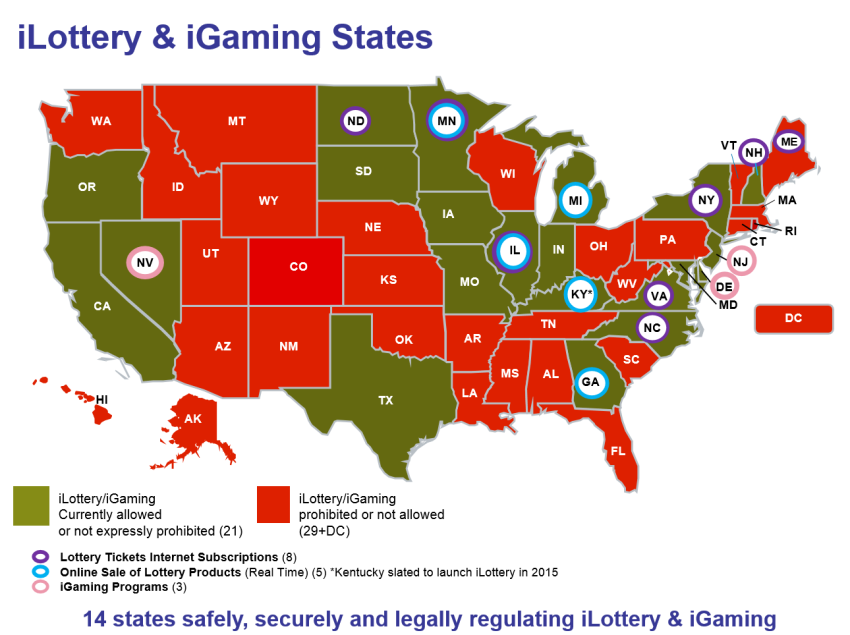Online Gambling Legislation in Georgia has become a hotly debated topic, capturing the interest of both residents and lawmakers alike. Despite overwhelming support from key stakeholders, including professional sports teams and business groups, efforts to advance sports betting legislation in Georgia have faced significant hurdles. Recently, the state legislature missed a crucial deadline for advancing a constitutional amendment to legalize online gambling, leaving many enthusiasts disappointed. This setback adds to a growing list of challenges affecting Georgia online gambling initiatives, as players wait for meaningful progress. As we look ahead, the Georgia gambling news landscape will remain dynamic, with potential updates in the 2026 legislative cycle likely to shape the future of state sports betting laws and online gambling regulations in the region.
The landscape of online gaming regulation in Georgia is under intense scrutiny as advocates for legalizing web-based betting face ongoing obstacles. The push for sports wagering and comprehensive gambling reform is often met with political resistance, impacting the viability of these initiatives. Throughout the US, online gambling updates reveal a mixed bag of progress, with some states successfully enacting legislation while others stall due to local disputes or legislative inaction. In this regard, Georgia’s approach to gambling reform remains critical, especially as it mirrors national trends in sports betting legislation throughout the country. As discussions around state sports betting laws continue to evolve, the anticipation for legal online platforms in Georgia remains palpable.
Current Challenges Facing Online Gambling Legislation in Georgia
The pursuit of online gambling legislation in Georgia has faced significant hurdles in recent years. Despite strong support from various stakeholders, including professional sports teams and business communities, lawmakers have been unable to reach a consensus. The recent failure to advance a constitutional amendment has highlighted the deep-seated political divisions that continue to plague the legislative process. Many proponents of Georgia online gambling had hoped that 2025 would be the year progress would be made, but with the conclusion of the legislative session, those hopes have been dashed, pushing the conversation towards a potentially more favorable environment in 2026.
This inability to implement robust online gambling regulations has not only dampened prospects for expansion within the state but has also left many residents eager for updates on Georgia gambling news. With lawmakers likely to revisit the discussion in the coming year, the anticipation surrounding potential sports betting legislation Georgia continues to grow. The current climate reflects an ongoing struggle to balance economic benefits and community sentiments regarding gambling, making it essential for all stakeholders to advocate effectively in the lead-up to the next legislative session.
Frequently Asked Questions
What is the status of online gambling legislation in Georgia as of 2025?
As of 2025, online gambling legislation in Georgia has faced significant challenges, with the state legislature failing to advance any constitutional amendments necessary for legalizing web-based sports betting. Despite support from various stakeholders, including professional sports teams and the governor, the prospects for enacting any form of online gambling in Georgia this session have effectively ended. Discussions may resume in the 2026 legislative cycle.
Why did online sports betting legislation fail in Georgia?
The failure of online sports betting legislation in Georgia can be attributed to political disagreements and a missed deadline for constitutional amendments. Despite strong backing from many sectors, including business groups, the legislature was unable to reach an agreement, halting progress on online gambling in the state for the time being.
What are the implications of the failed Georgia online gambling legislation for residents?
The failed Georgia online gambling legislation means that residents will have to wait longer for the opportunity to engage in legal online sports betting. This setback prevents access to regulated platforms for wagering on sports, potentially pushing players to unregulated options.
When can we expect renewed discussions on online gambling in Georgia?
Renewed discussions regarding online gambling legislation in Georgia are likely to occur during the 2026 legislative cycle. Lawmakers may revisit the topic as public interest and support for regulated online betting continue to grow in the state.
How does Georgia’s online gambling situation compare with other states?
Compared to other states, Georgia’s online gambling situation remains stagnant, as many states have successfully passed sports betting legislation. In contrast, Georgia legislators have not been able to advance any proposals, indicating a slower adoption of online gambling compared to neighboring jurisdictions.
| State | Status of Online Gambling Legislation | Key Obstacles | Future Prospects |
|---|---|---|---|
| Georgia | Failed to pass constitutional amendment | Political disputes and lack of support from legislature | Possibility of revisiting in 2026 legislative cycle |
| Arkansas | Proposal for online casino gaming withdrawn | Concerns over market competition and problem gambling | Under further study before future consideration |
| Wyoming | Bill to legalize online casino gaming stalled | Objections from local tribes regarding revenue loss | No immediate plans for revival; postponed indefinitely |
Summary
Online Gambling Legislation in Georgia has faced significant challenges this year, as the state legislature failed to advance crucial amendments that could legalize web-based sports betting. Despite backing from influential sectors, such as professional sports teams and business groups, political disputes have stalled progress, leaving players awaiting resolutions. The situation reflects a broader trend across several states where online gambling legislation struggles to gain traction amid ideological divides and concerns over market implications. While Georgia may return to the discussion in 2026, other states like Arkansas and Wyoming also face their unique hurdles in advancing similar legislation.
